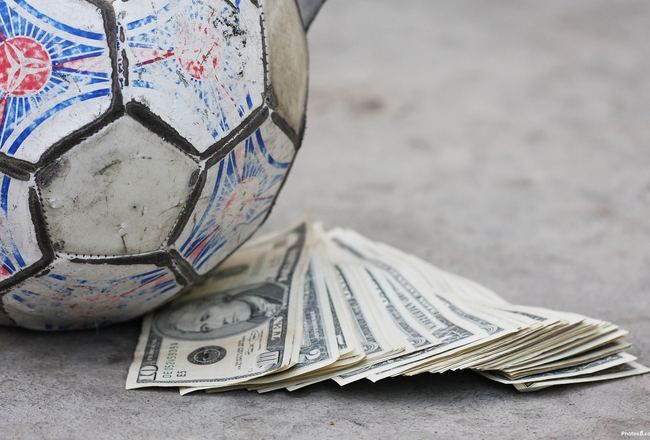
Financial Fair Play: An Instrument of Control

The Financial Fair Play regulations will eventually stabilize the round leather game when its rules are duly enforced and in a way, will help smaller teams find their feet back in the peddle for glory in their various competitions.
It was first agreed in principle in 2009 by UEFA’s Financial Control Panel of football to prevent professional football clubs spending more than they earn in the pursuit of success and in doing so getting into financial problems which might threaten their long term survival.
It was hoped that the regulations would finally lead to a more level playing field by preventing clubs with wealthy owners who pledge large monetary incentives to their clubs from gaining an unjust advantage over other clubs who are run on a more sustainable business model and in doing so support lower level of spending.
In other words the FFP regulations will create an avenue for sanctions to be taken against clubs spending outside their set budgetary framework.
The penalties for breaking the FFP will include:
1. Paying fines, withholding of prize money and transfer bans.
2. Disqualifications from European competitions among other sanctions.
It’s really time for the UEFA president and other major stake holders to know that it’s time to enforce the rule, time to stand up to defend the round leather game, and time to save a generation of football lovers from turning away from the beautiful game to other sports.
Gone are the days when there were no favorites in football. The better team can emerge as winner without much emphasis on money or wealth of their owners. In the La Liga for instance, it’s a two horse race, in the EPL, it’s about Manchester City, Manchester United & Chelsea and in France, it’s about PSG and all that.
It’s time to change the course of this game, it’s time to stop barking but to take decisive actions against erring clubs so that other smaller clubs will someday emerge winners or come to the limelight of this beautiful game.
Written by Frankie Ahusiem